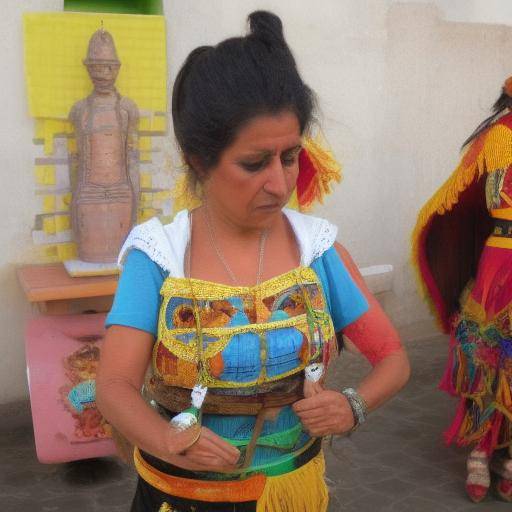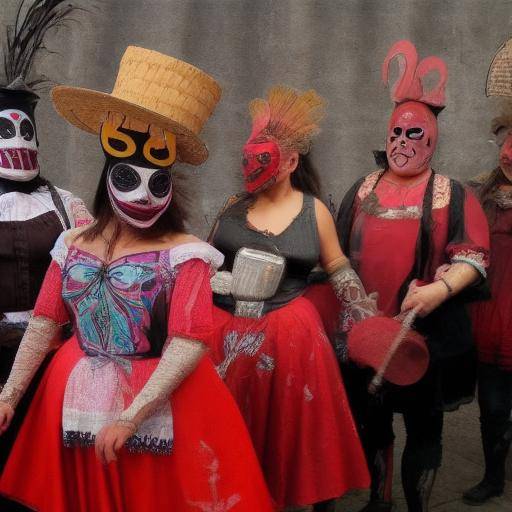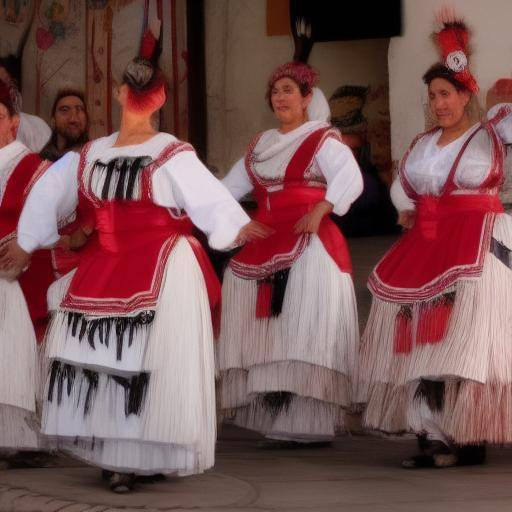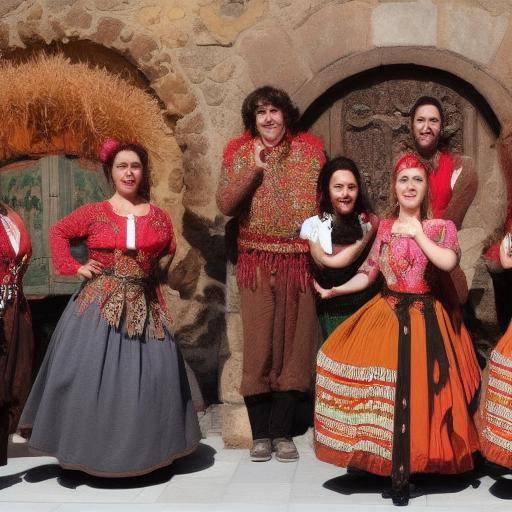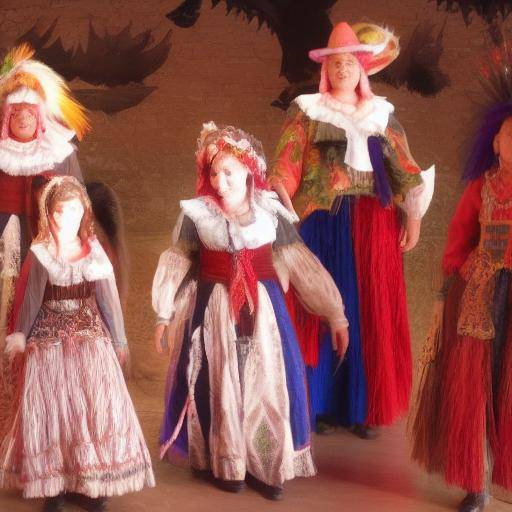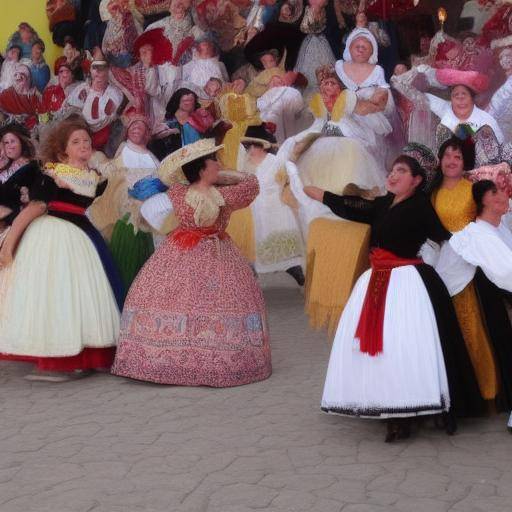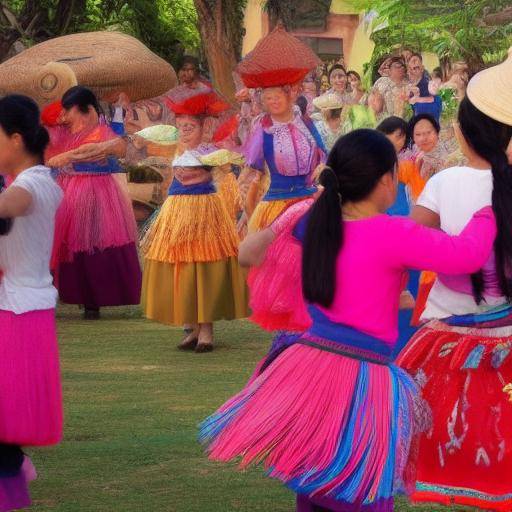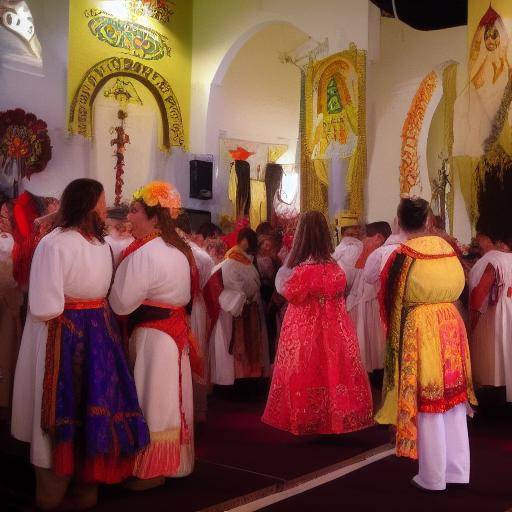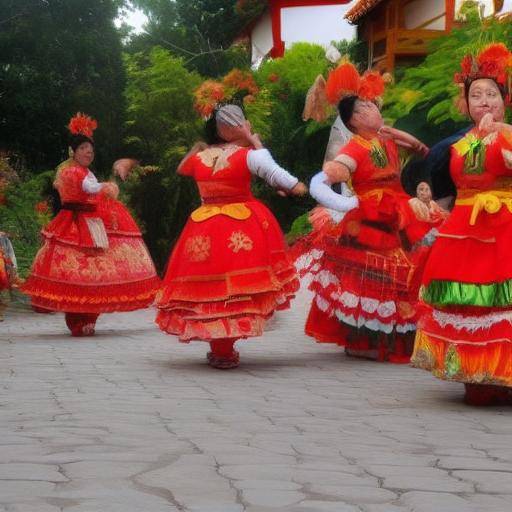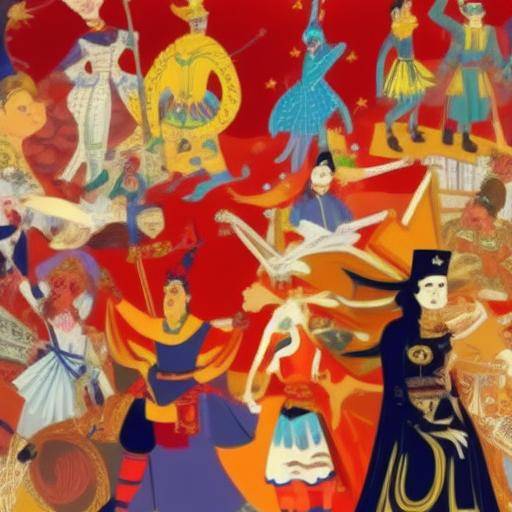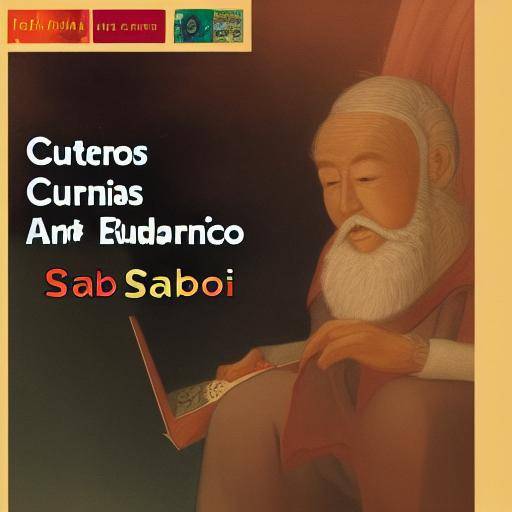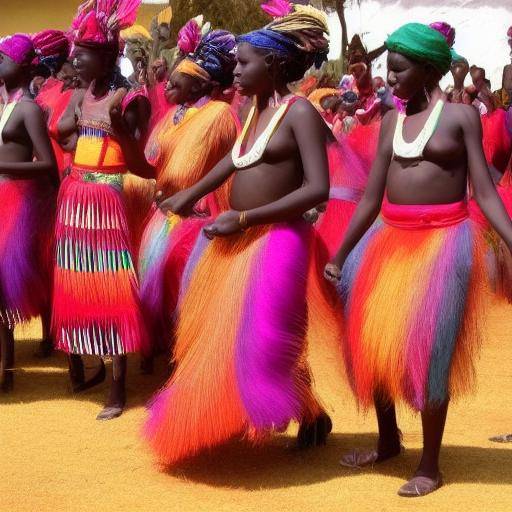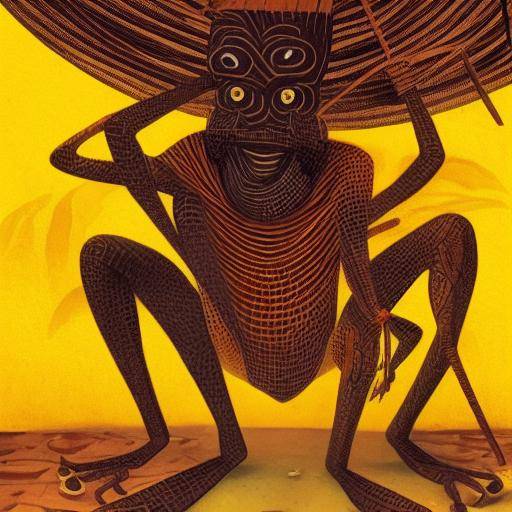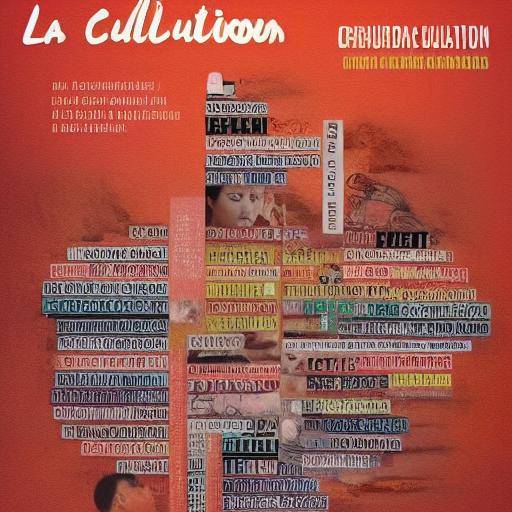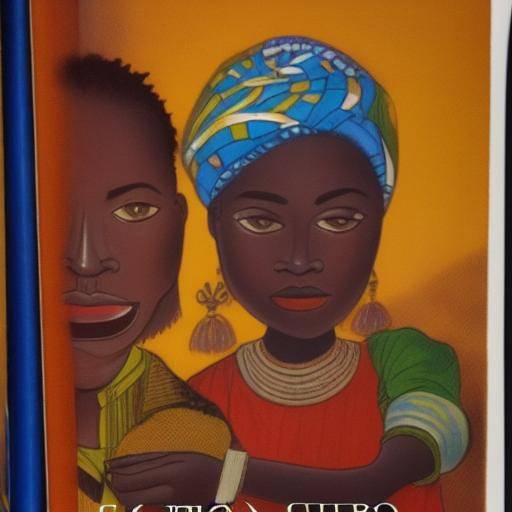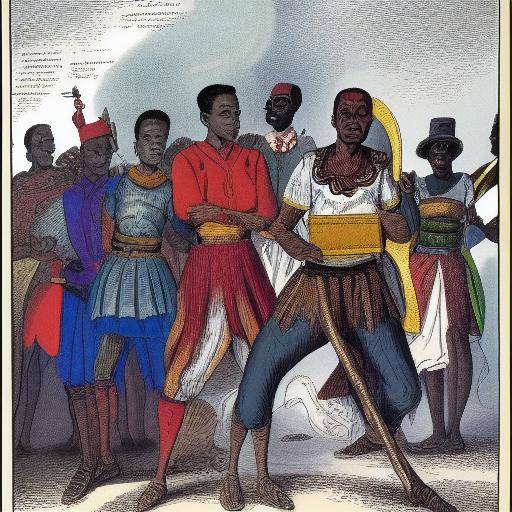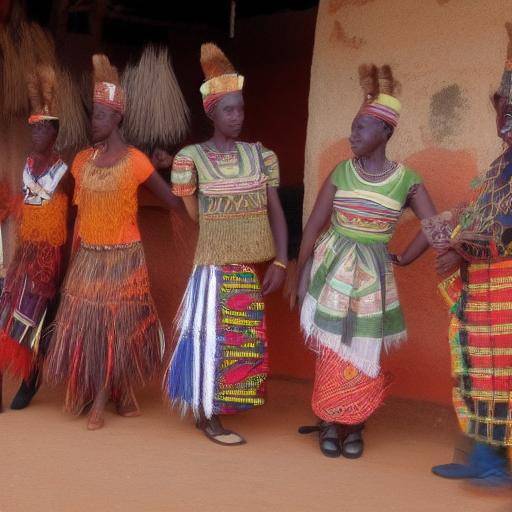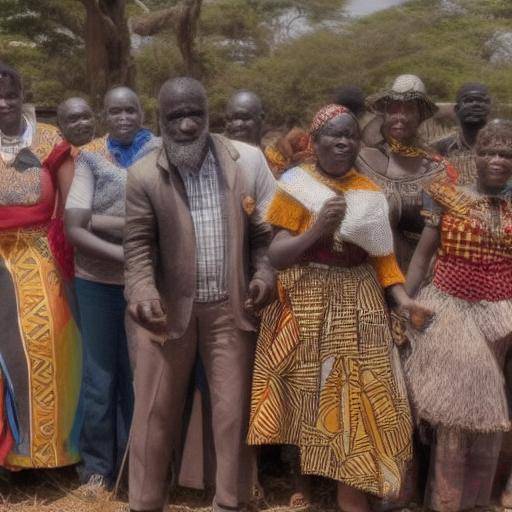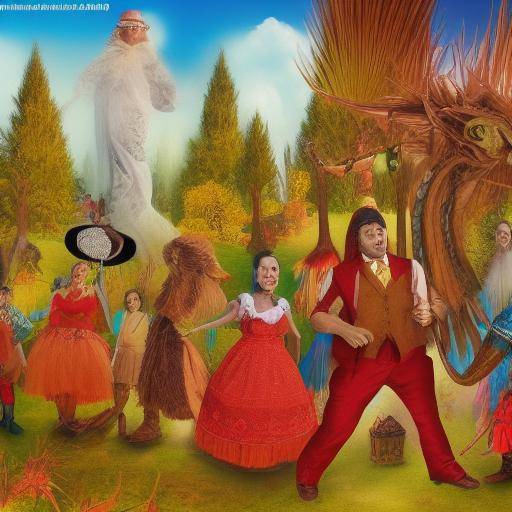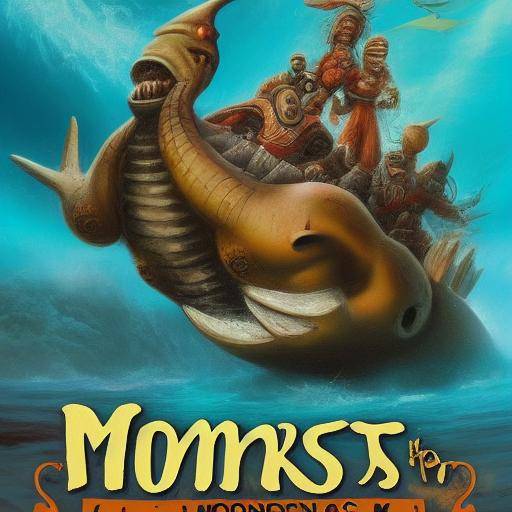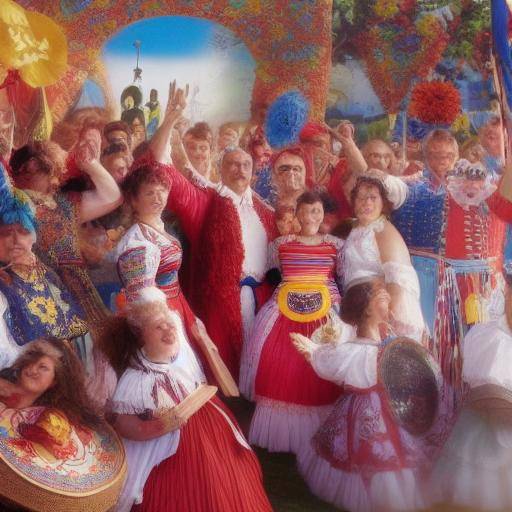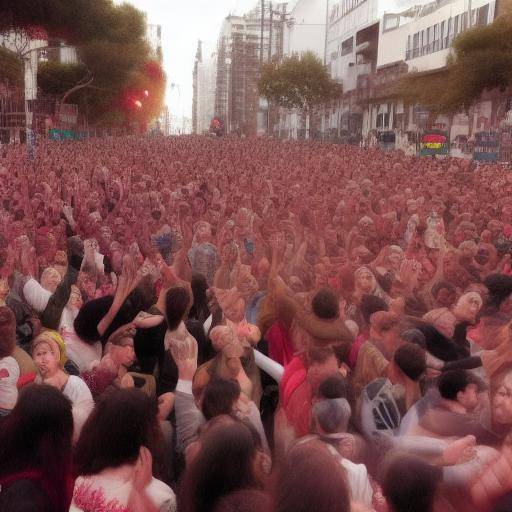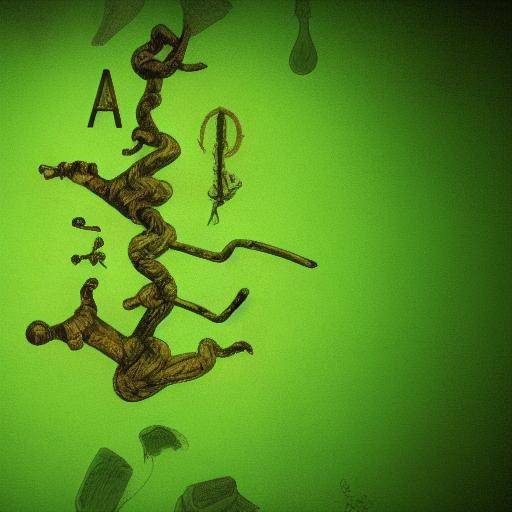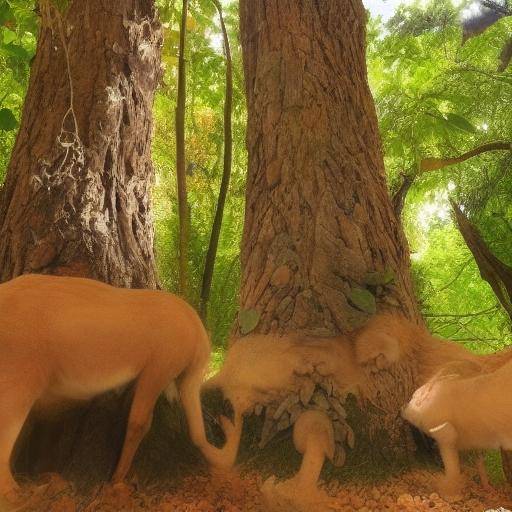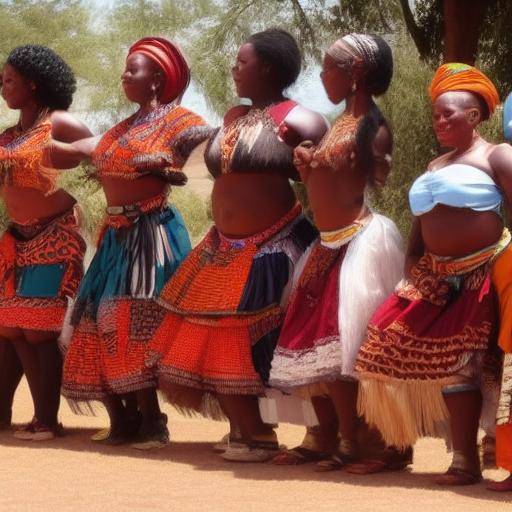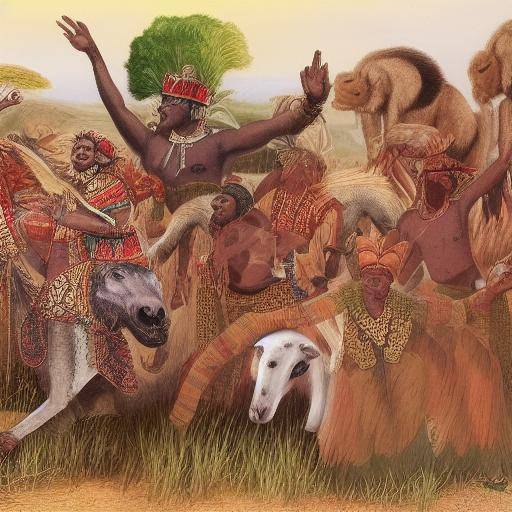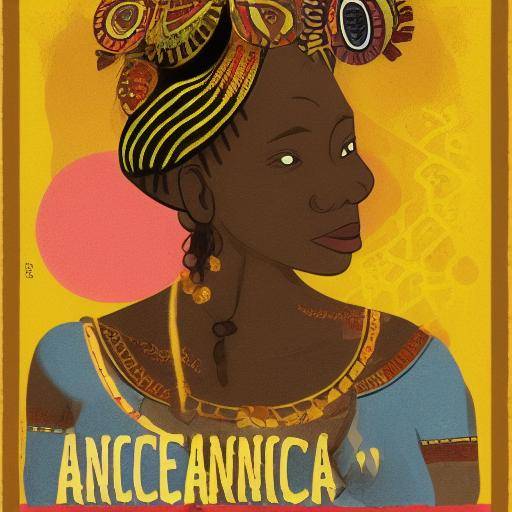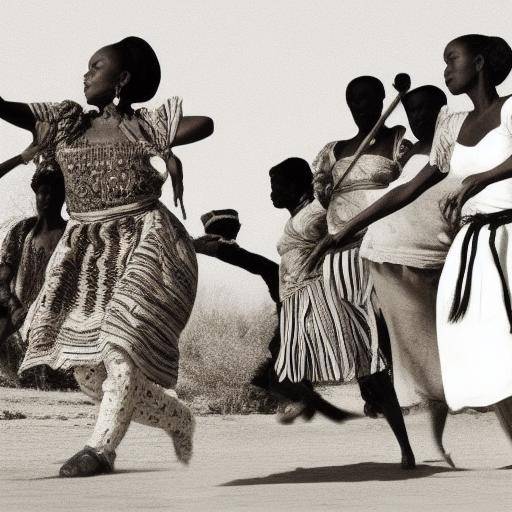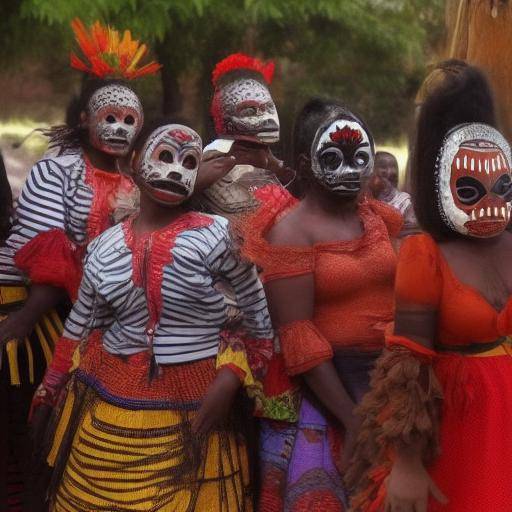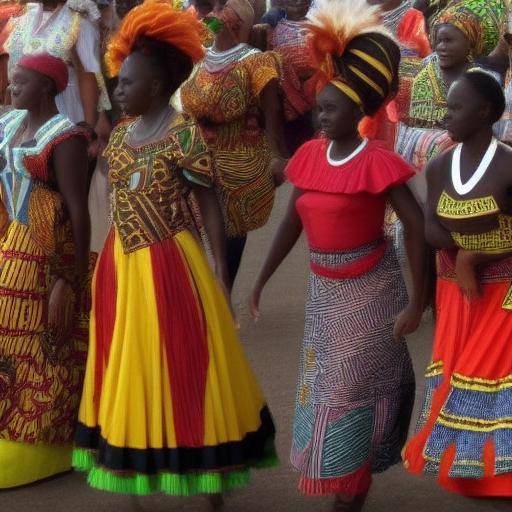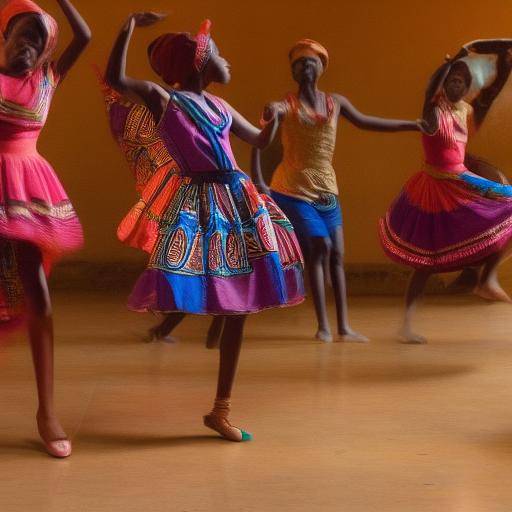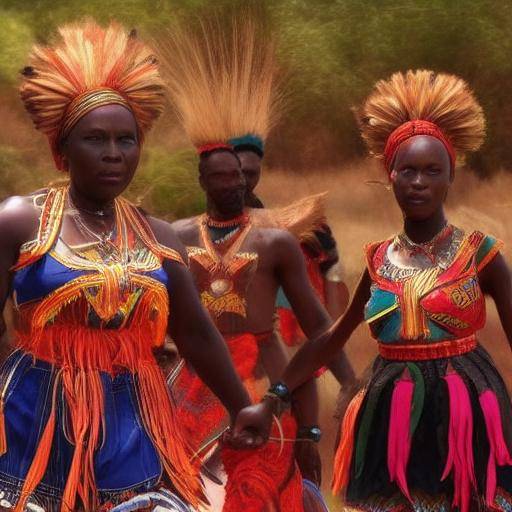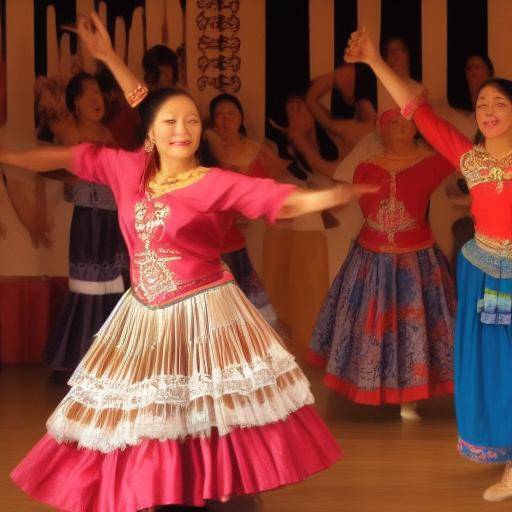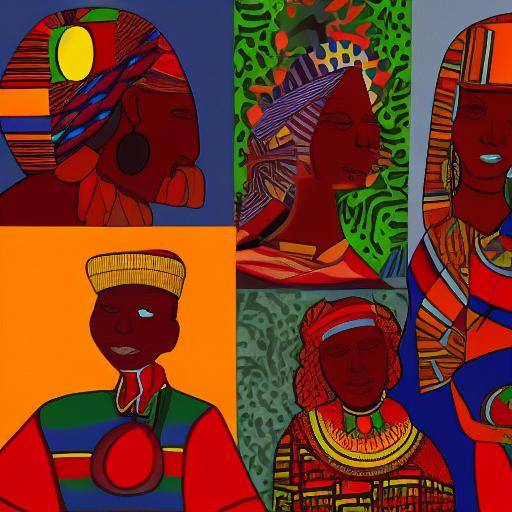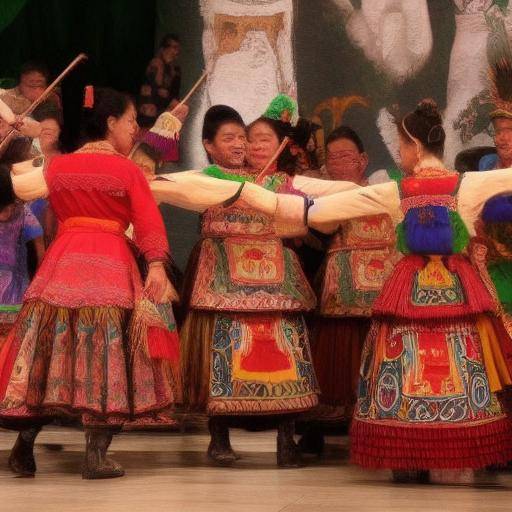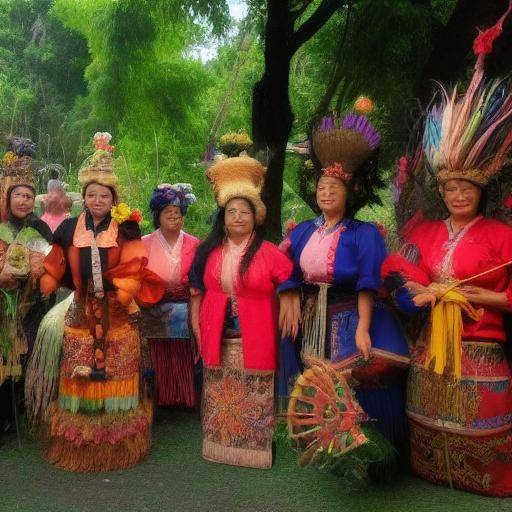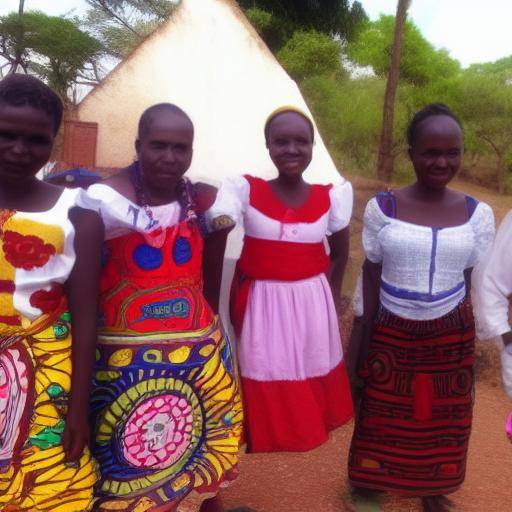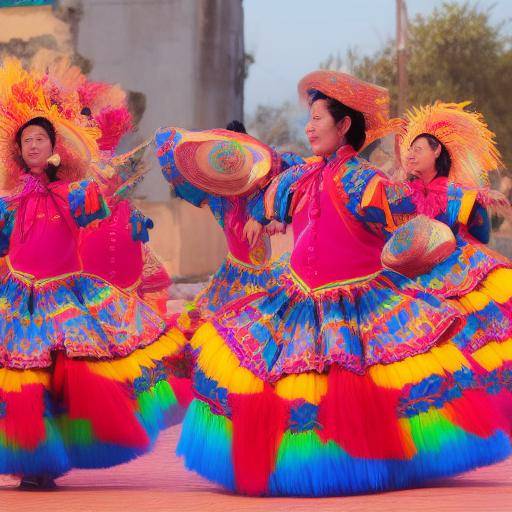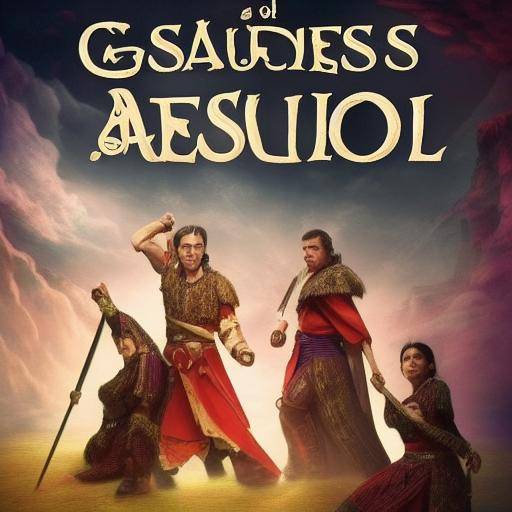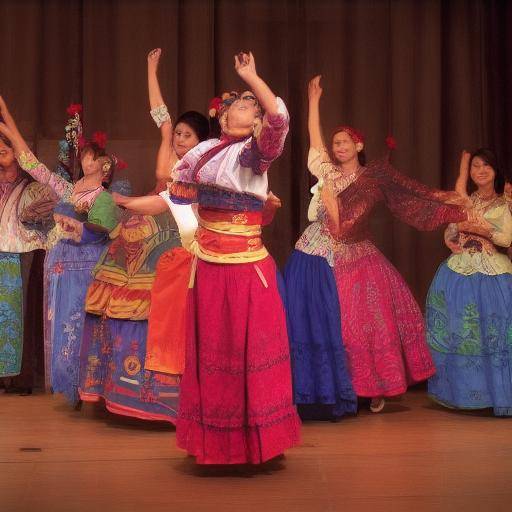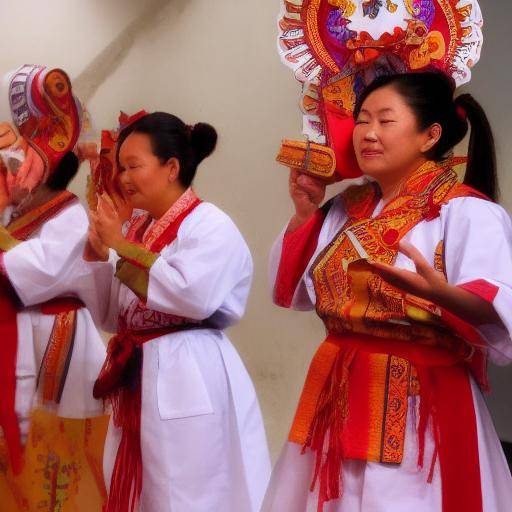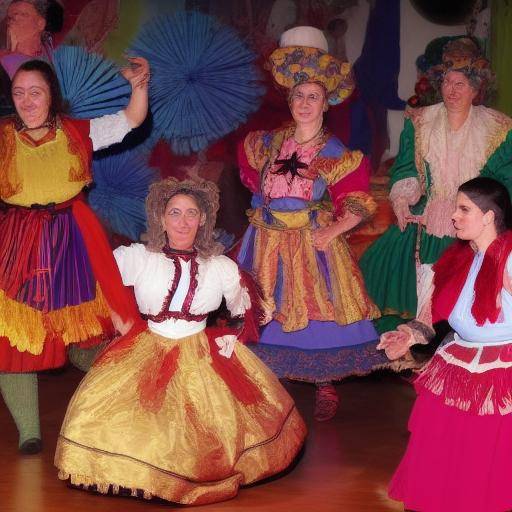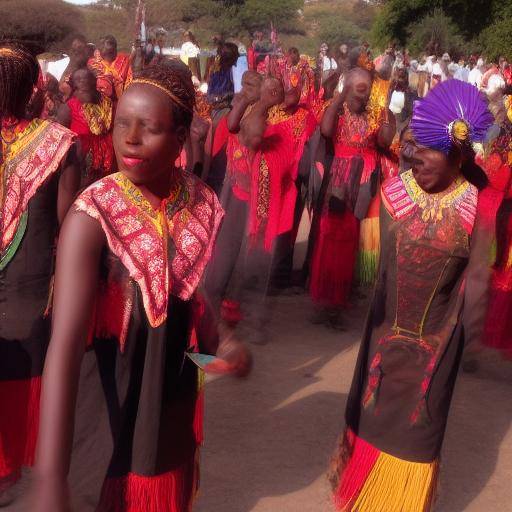
Introduction
The African continent is known for its rich tradition of rituals and ceremonies dating back to centuries of history. These practices have a profound cultural and spiritual significance, forming an integral part of African folklore. In this article, we will explore in detail the African rituals, ceremonies and their importance in folklore. Throughout this journey, we will discover the history, meaning, practical applications and future trends of these fundamental aspects of African life.
History and Context
The rituals and ceremonies in African folklore have their roots in the ancient traditions of the diverse cultures of the continent. These practices have evolved over time, adapting to political, social and religious changes. Since the arrival of different external influences, such as colonization, many of these practices have faced challenges, but they remain fundamental in the lives of African communities.
In Africa, rituals and ceremonies have a wide variety of purposes, including the celebration of life, the passage of childhood to adulthood, fertility, community protection and the connection with ancestors. These practices are rooted in complex beliefs and mythologies that have been transmitted from generation to generation, forming a central part of the cultural and spiritual identity of the different African communities.
Deep analysis
African rituals and ceremonies are a fundamental part of everyday life in Africa, playing a crucial role in maintaining social cohesion, emotional well-being and connecting with the transcendent. From laying hands on healing ceremonies to elaborate initiation rituals, these practices foster solidarity and spiritual connection within communities.
It is important to recognize that African rituals also face challenges in the modern era, including the pressure of globalization, climate change and lack of understanding by younger generations. However, many Africans continue to preserve and adapt these traditions to remain relevant in the contemporary world.
Comprehensive review
The rituals and ceremonies in African folklore have practical applications in various fields, from health and psychological well-being to the consolidation of cultural identity. These practices can offer lessons and values that are relevant in modern life, promoting the connection with the historical and cultural roots of African communities.
It is crucial to understand that rituals and ceremonies in African folklore also present challenges, particularly in the context of growing global influence. It is important to find a balance between preserving these valuable traditions and adapting them to remain meaningful in today ' s society.
Comparative analysis
Compare the African rituals, ceremonies and folklore allows us to appreciate the diversity and wealth of traditions across the continent. Although there are similarities in many respects, each region and community has its own distinctive practices. The diversity of rituals and ceremonies reflects the vast range of cultural experiences that enrich the social and spiritual fabric of Africa.
Practical Tips and Recommendations
While rituals and ceremonies in African folklore are an integral part of African communities, it is essential to find ways to preserve and transmit them to future generations. This can involve educational programs, community initiatives and collaboration between traditional leaders and contemporary experts.
Perceptions of Industry and Expert Reviews
Experts on anthropology, ethnography and cultural studies have much to contribute in relation to the preservation and meaning of African rituals, ceremonies and folklore. Their analysis and opinions contribute to a deeper understanding of these practices and provide valuable insights into their contemporary relevance. In addition, community leaders and practitioners of African rituals provide an internal vision that enriches the understanding of these traditions.
Case Studies and Practical Applications
Case studies offer concrete examples of how African rituals and ceremonies have a significant impact on the lives of people and communities. These examples illustrate the importance of preserving and assessing these practices as sources of spiritual connection, cultural identity and emotional well-being.
Future Trends and Predictions
In the future, rituals and ceremonies in African folklore are expected to continue to evolve to adapt to the challenges and opportunities of the modern world. The preservation of these ancestral practices will be crucial to keeping Africa ' s rich cultural heritage alive and to fostering intercultural understanding at the global level.
Conclusions
In conclusion, African rituals, ceremonies and folklore play an essential role in the lives of African communities, transmitting values, spiritual connections and traditions that have endured through generations. It is crucial to recognize its cultural importance and promote its preservation in a changing world.
Frequently asked questions
What are some famous examples of African rituals?
The initiation rituals, healing rituals and fertility rituals are outstanding examples of African ritual practices. These ceremonies have a profound importance in African communities and reflect the rich diversity of traditions on the continent.
How are African rituals and ceremonies evolving in the 21st century?
In the twenty-first century, African rituals are experiencing adaptations to meet the challenges of the modern world, including the integration of digital technologies, intercultural dialogue and the preservation of ancestral practices in a globalized environment.
What is the role of African rituals in urban communities?
African rituals continue to play a significant role in urban communities, providing a sense of cultural identity, social cohesion and connecting people with their ancestral roots in a constantly changing urban environment.
What impact do African ceremonies have on emotional and mental health?
African ceremonies can have a positive impact on emotional and mental health, providing a space for emotional expression, spiritual connection and the search for guidance in times of difficulty or transition in life.
How can people from outside Africa learn more about African rituals and folklore?
Various sources, such as anthropology books, documentaries, ethnographic museums and direct interaction with African communities, offer opportunities to learn about African rituals and folklore, fostering greater understanding and appreciation for the cultural diversity of the continent.
What is the impact of external influences on contemporary African rituals?
External influences, including globalization and modernization, have generated changes in contemporary African rituals. These influences can challenge the preservation of traditions, but also offer opportunities for cultural exchange and creative adaptation of ritual practices.
Conclusion
African folklore is a cultural treasure that finds its expression in diverse and significant rituals and ceremonies. Their preservation and appreciation are essential to the enrichment of humanity. Through their understanding and respect, we can approach the profound wisdom and beauty that these rituals and ceremonies offer.
In short, African rituals, ceremonies and folklore are fundamental pillars of the continent's cultural traditions. Their preservation and understanding are vital to enrich global understanding and promote cultural diversity.


